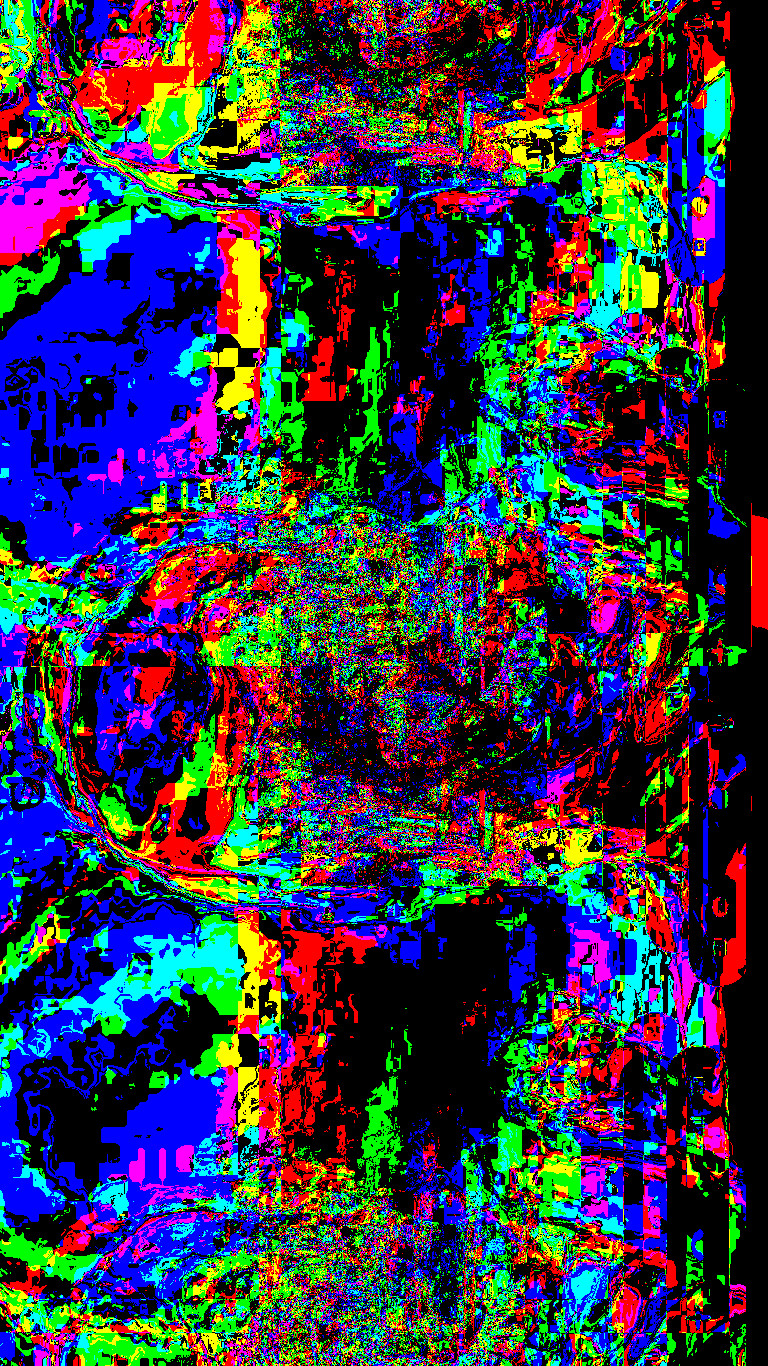revew: April De Angelis – Frankenstein
Frankenstein/
by Mary Shelley/
adptd by April De Angelis/
dir Matthew Xia/
Royal Exchange Theatre/
09/03-14/04/2018//
(written to be read simultaneously with my revew of Circle Mirror Transformation)
in reaching across a depth of time
is like a bed of ice. Reflective, superficial but iterative in a way you don’t understand. Is like a journey. And you need to find value in the journey because if you believe only in the destination, then you believe that the experience of creation can die. If you believe the process of creating theatre is only a means to an end and that we are aiming to Make Theatre Better then you’re the sort of person that reads books so that you can tell people you’ve read them, you’re the sort of person that thinks art is only ever for art’s sake. Theatre doesn’t get better, art doesn’t get better we become more forgiving and then we change our minds. I think it would take a massive cultural shift to alter Frankenstein at this point. It’s not even corpses any more. And the circular value-finding process of rewriting, remaking of continuing to make theatre
but also, reality is a stupid thing to talk about in theatre. Not that it’s a fruitless or foolish thing but that it makes us idiots. And there’s value in being idiotic and throwing yourself into the things you do not know to prepare yourself for drawing knowledge (/wisdom) from somewhere. The Monster isn’t wise to begin with. He’s a (very romantic) incredibly feeling thing. He reads like tweets from 4am. He is a bare thing, in a literal sense and an animal sense, he is mere. Which I see as a throwback from the original text – Frankenstein, as a man, as a scientist as a thoughtless seeker and maker, can only piece together a body, something which is technically alive, but has never been loved or nurtured and can only fall back into violence. But it is a violence which Frankenstein left in him, the real part of the creator in the monster, trapping the creature within an incapability to love,
in the same way that it’s a while since I actually read Frankenstein. I think I must have been about thirteen. The temptation is to suggest that I was too young to be able to properly appreciate it but if I appreciated it for whatever it meant to me then I think that’s more than enough. It’s enough a part of my background literary knowledge that it pops out now and again as a reference point. I think of Frankenstein’s place in culture more generally in the same way; you don’t really need to have read any books or even seen any films to have some knowledge of the authority of Frankenstein as a mythic reference point. In two-hundred years, Shelley’s novel has found its way somehow into the fabric of how we think about science, how we think about our right to contort the world. And so, to a degree it contorts back, as if it has attained the ranks of mythology; it resists interpretation as much as it desperately requires it to survive. But maybe, not twisted enough, it has sprung back, rather than broken. The result is strange, feels troubled, and echoey
and that emptiness is the heart of Frankenstein. There’s an unanswered knock. I think there’s too much script. I think my main qualm with this production is the amount of repeated information, and the calmly-delivered bits of exposition from Frankenstein’s calm family (chunks of which I’m sure we’ve definitely heard before). There’s a part, specifically, where Frankenstein finishes creating the ‘bride’ for his Monster, she comes to life and he is quickly horrified and he kills her. Then Walton, the frame-narrative ship’s-captain, says “You killed her.”, Then the Monster rushes on and moans words to the effect of ‘You’ve killed her.’ And I think that whole section could’ve had no words at all. I wonder what defines the bloke, Frankenstein that the book and the play are named for. And I think it is his stupidity, and arrogance. His masculinity, being his drive to have (knowledge) and to protect (himself, his bride), which both lead to him losing or abandoning all of his solid ties (friends, family, possessions). The monster is his greatest act of selfishness,
that as a piece of theatre met me empty
and discovering there is something
